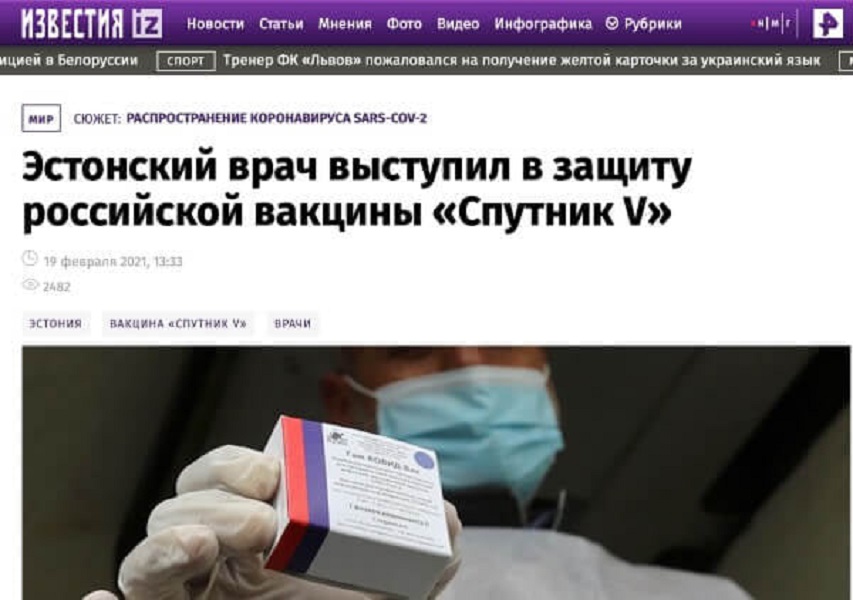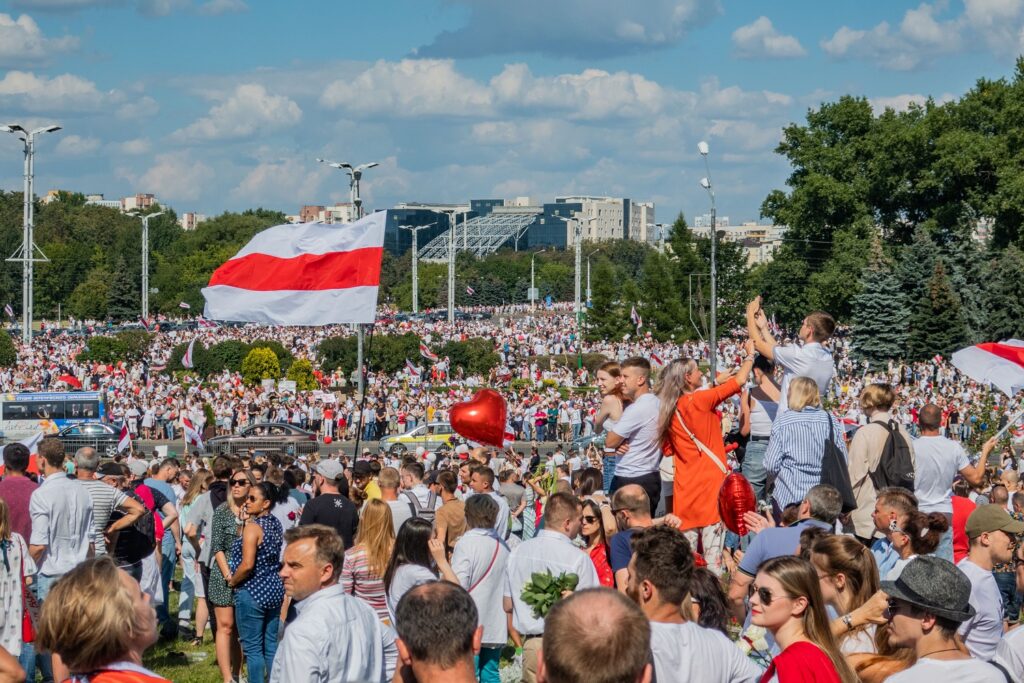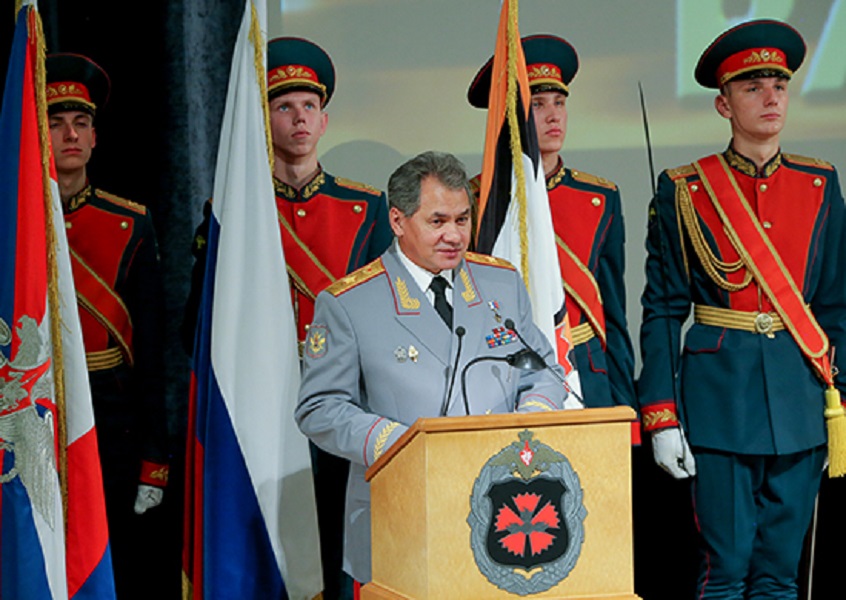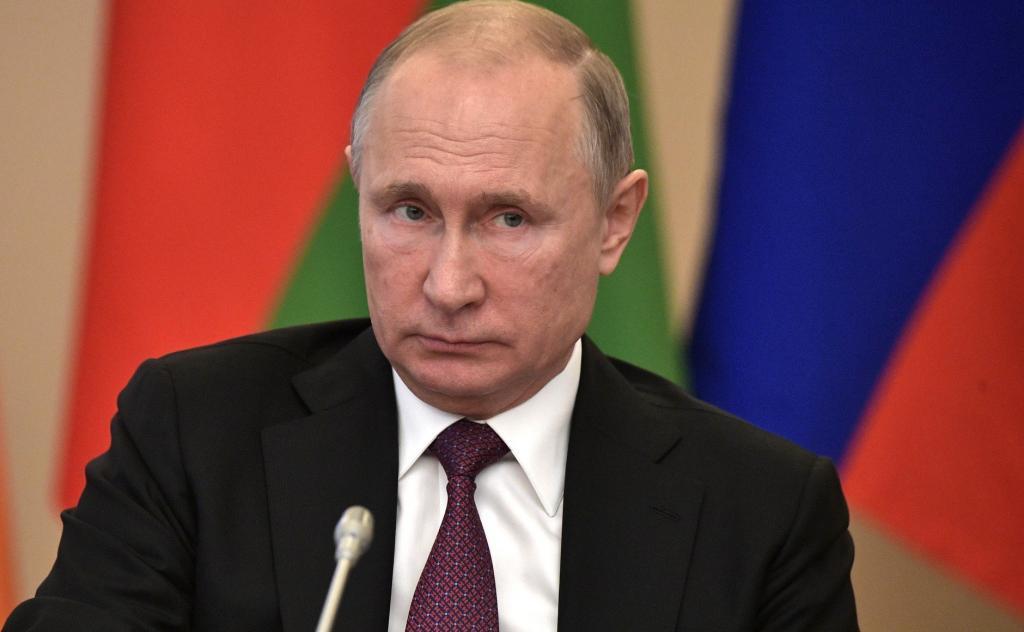The 2021 Estonian Foreign Intelligence Service report says Russia is using the COVID-19 pandemic to spread misinformation and promote its national interests.
According to the report, Russia is using the COVID-19 pandemic to weaken the unity of the West. “This will include attempts to discredit Western-produced COVID-19 vaccines, as with the Oxford-AstraZeneca vaccine, which Russian propaganda labelled as a monkey vaccine, followed by attempts to spread this information in Western Media,” the report asserts.
At the same time, Russia is promoting its own Sputnik vaccine internationally and is looking to boost its global image and perception. The report says that “Russia hopes, on the one hand, to create a more favourable position for its own vaccines on the world market, on the other hand, to promote its strategic ambition to show itself as being the first among the major powers to provide a solution to the COVID-19 crisis”.

Russia is actively influencing the politics of its neighbouring Ukraine and Belarus
Belarus in 2020 saw the biggest protests since its independence from the USSR. The Belarusian president, Alyaksandr Lukashenka, who is among the closest allies of the Russian president, Vladimir Putin, managed to silence the protesters with violence. Still, his position as the leader has become under threat as the report reads, “Lukashenka has lost his legitimacy as president and Belarus has turned towards change”.
For Russia, the protests offer opportunities to strengthen its grip over Belarus further. However, the reports notes that there is a risk of spill over effect involved. “Russia also wants to avoid Lukashenka being ousted by protesters at all costs, which could encourage the people in Russia to follow suit.” Belarus is militarily, historically and economically closely tied to Russia and a regime change orchestrated by Kremlin and the local elite is possible in the coming years.

In Ukraine, Russia is delaying the ongoing war’s political solution to force Ukraine to concede with more beneficial terms. They are also supporting Ukraine’s oligarch and opposition politician Viktor Medvedchuck to turn Ukraine back towards Kremlin.
The opposition politician enjoys close, personal ties with Putin and, according to the report, “The visit by Medvedchuk, who controls an extensive media network in Ukraine, was intended to influence the Ukrainian electorate, convincing them that Ukrainians should look to Russia for security and development.”
The GRU’s psychological operations and manipulation of cyberspace
The report also warns about the psychological operations led by the Russian military intelligence agency – the GRU – that aim to “influence foreign audiences to change their views and behaviours in Russia’s national interests.” The online propaganda focuses on social media and mainly uses it to spread false information about the West, such as “the coronavirus is in fact an American bioweapon”.

Another aim of the Russian special services is to target Russia’s diaspora with often biased information. The report says that “The types of cyber-attack described in our previous annual reports are still used by the Russian services to carry out their intelligence tasks, which threaten the security of Estonia and our allies.”
Russia’s recent cyberspace activities mainly include exploiting media websites to alter news narratives, hack and leak sensitive documents, perform denial-of-service attacks and hack websites to spread intimidating and false information.
China’s aims to dominate the technology sector pose security threats
China’s most significant threats come from its ambitions to be the dominant technology provider of the world. Its private enterprises are essentially under the CPP control via a complex system of laws. Its technological dominance would make states, including Estonia, more exposed to their influence. “Integrating Estonia into China’s autonomous technology ecosystem makes Estonia vulnerable and dependent on China,” the report states.

Similarly to Russia, China is increasingly spreading its narratives via the Western information channels, recruiting Chinese nationals and westerners abroad for image creation campaigns, and it performs ideological control over its citizens in foreign states. The Confucius Institute, also present in Estonia, is part of the Chinese government’s soft power tools.
The recent rebranding efforts of the institute are merely a change of the façade, according to the report, which also warns that “It cannot be ruled out that alongside the Confucius Institutes, which have begun to lose their importance, the Chinese authorities will, in the future, want to employ other Chinese cultural centres as instruments of influence, as these have not received criticism and have a “clean” reputation for the time being, allowing for easier information gathering as well as to establishing maintaining networks in foreign countries”.

Pressure on the EU
Increased economic and military cooperation between China and Russia could force the EU to seek closer cooperation with Moscow in the future. The report warns that Estonia must stand firm that its security situation would not get sacrificed during that hypothetical future process. “Estonia must stand firmly against any scenario to lure Russia at the expense of Estonia’s security.”
The Estonian Foreign Intelligence Service is the country’s foreign intelligence agency that coordinates with all Estonian intelligence functions, collects intelligence concerning foreign interests and activities, and transmits information to the president, the prime minister, the general staff of the Estonian Defence Forces, the interior minister, the foreign minister and the minister of defence.
Cover: The Russian president, Vladimir Putin. Photo by kremlin.ru, shared under the Creative Commons CC BY 4.0 licence.

